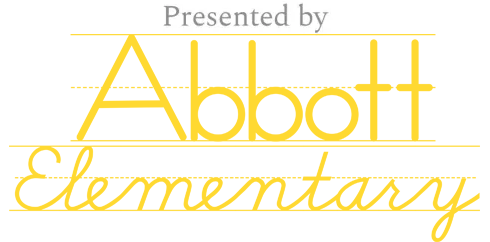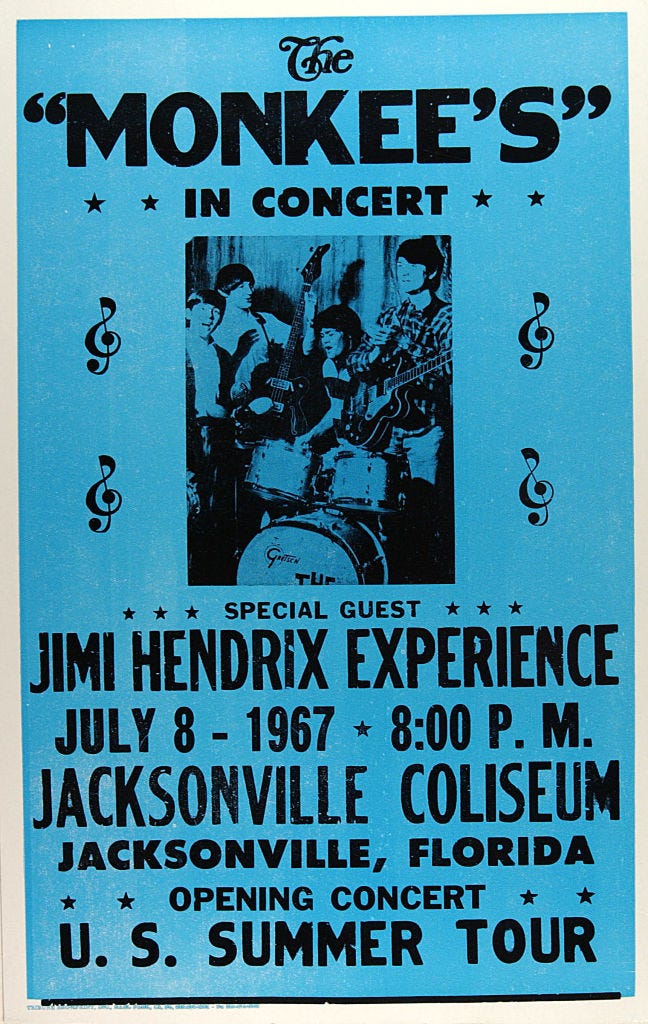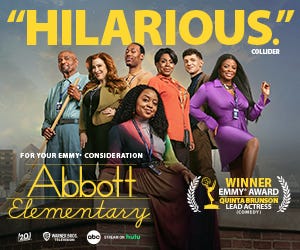It's Time to Get Unstuck
It's Creativity Week, a call for Hollywood to embrace risk and new ideas again: 'It has to start with you'
Today kicks off our weeklong series for paid subscribers about creativity: how to tap into it, who has it and ideas on how to re-seed it into a increasingly cautious entertainment ecosystem.
The Monkees needed an opening act. In July 1967, the “Prefab Four” TV-powered pop stars were going on tour. In the interest of bolstering their own musical credibility, they selected a 24-year-old guitarist who had just made a splash at the Monterey Pop Festival after an early career backing everyone from Sam Cooke to Little Richard.
When the opener took the stage in Jacksonville, Florida, The Monkees’ teeny-bopper fans didn’t know what to make of him. In fact, they booed him offstage. Night after night, he was mercilessly booed. Finally, on the eighth night, he quit the tour.
And that was Jimi Hendrix’s introduction to the mainstream.
Todd Henry, a creativity expert and best-selling author of six books including Herding Tigers (about leading creatives) and 2024’s The Brave Habit, tells me this anecdote when I ask him for a story he tells executives to inspire bold action. “We all think that genius will be obvious to us when it shows up,” says Henry, who has worked informally with entertainment industry leaders, “but our first response is that this is a dangerous, foreign idea. Those Monkees fans had no context for Hendrix. Our gut is to reject a fundamentally new idea.”
As Henry goes on to note, Hendrix not only became successful almost immediately after his bad week, but he forever changed rock guitar through his use of feedback, distortion, finger technique and wah-wah pedal.
Two years after Monkees fans pushed him to the brink, he was a global superstar.
He died in 1970, of course, but his estate was last valued around $200 million and he influenced generations of guitarists after him who made even more. “A transformative work of art can become the orchard that feeds your company for the future,” Henry says.
To paraphrase Henry, executives in Hollywood right now think they’re Hendrix when really, by force or by nature, they’re Monkees fans. People are afraid to take a risk on a new idea for fear of being shunned or losing their job. As the saying goes in corporate America, no one ever gets fired for buying Microsoft products. Replace Outlook with “re-imaginings” of beloved movies and TV series from the late 1990s and early 2000s and that appears to be the prevailing mindset amid studios and streamers.
Let’s just say it: Hollywood in 2024 is stuck.
Before everyone gets mad, yes, we can stipulate that 1) everyone in the entertainment business cares about doing great work; 2) some distinctive work is still being produced and even finding an audience; and 3) self-preservation in such a time of great disruption is a human and understandable impulse.
But we also have to admit that collectively there’s a pervading sense that we’re doing the same thing over and over, to diminishing returns — and wondering why this isn’t working the way it once did. That’s the very meaning of being stuck.
Of course, there are breakthroughs like Baby Reindeer, but we’re mostly stuck in the Derivative Era of entertainment, looking backwards not forward, with declining outcomes.
Here’s the good news: “In many cases, being stuck is a sign of progress,” writes NYU professor Adam Alter in last year’s Anatomy of a Breakthrough, “of having moved beyond a place of comfort and mastery to a place where you’re challenged.”
And Hollywood, if anything, is certainly “challenged” at this moment.
Below, I use many examples from the world of tech. This is a deliberate choice. Tech companies have upended many of the ways not just of doing business in Hollywood but also our daily habits, and are a source of great envy, agitation and admiration. It’s not an endorsement of Silicon Valley but instead reflective of the ways it can create massive success (and, yes, failure), literally out of nothing, again and again. Plus: In the same way that a walk or a shower can be a better place to get unstuck than chaining yourself to your desk, by sharing stories and ideas mostly outside of the entertainment context, I hope you’ll see something you may otherwise have missed — and even actionable.







